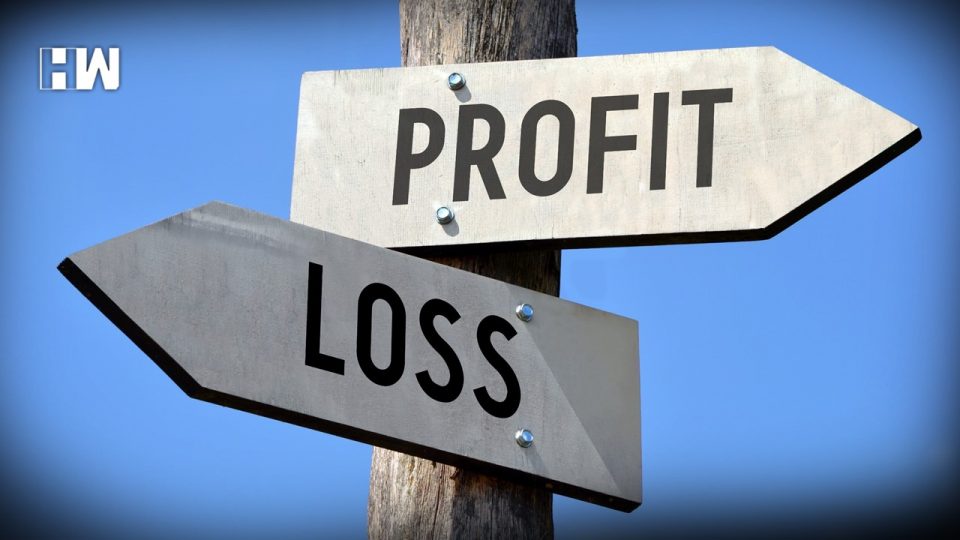The government finally accepts that the Indian economy is stressed out and sluggish and is in a slowdown mode. Wide-ranging discussions have been conducted by the FM and other ministers to work out the reforms that are needed to arrest the worrisome slowdown of the economy. And while as the FM says, the reforms package awaits approval of the PMO, a financial and tax relief package is being sought by various stressed sectors of the economy, as an immediate measure to trigger a revival. A huge relief package of Rs. 1,00,000 crores was sanctioned in the budget for the doddering NBFC sector and yet another one of a similar magnitude has been demanded by the crisis-ridden auto sector.
The primary reasons for the slowdown are the languishing and dipping consumer demand and the growth in fresh private sector investment in projects, which has come to a standstill. The issue is as to what should be the key driver of reviving India’s growth i.e. whether it is an increase is private sector investment or increase in consumer demand.
India’s Chief Economic Advisor, Shri K. Subramanian says that in a low per capita economy like India, the key driver for growth is private sector investment, which is also critical to the creation of jobs.
But the CEA also made a very interesting remark. He called for a change in the mindset of the private sector, where he said that the tendency is to grab profits and socialise losses. What he means is that if the private sector makes profits those are grabbed, but in case it incurs losses, then it is the government that is expected to bear these losses and he says this with reference to the crisis-ridden auto sector in particular, which has sought a relief package of Rs. 1,00,000 crores, to bail itself out of its crippling crisis.
He compared the private sector to a grown-up man, who benefitted the most from the 1991 reforms and says that it must start to stand on its own feet instead of asking his father i.e. the government for help. He, therefore, says that the private sector cannot personalise profits and socialise losses. He thus called the private sector to cultivate good habits and realise that in a market economy assets get reallocated, when someone does not manage them well. In other words, the private sector must be responsible for its losses and face consequences, instead of passing them on to the government.
There is conditional merit in what the CEA sermons. If losses are incurred by the private sector and it faces a slowdown and losses due to internal factors of its own making, then it has to digest its profits and losses too. But that cannot be so, if the losses are incurred due to external factors beyond its control or are due to poor policies, governance or management of the economy by the government. Moreover, if there is an across the board stress in a particular sector affecting all players, as we are seeing in the case of the auto sector, then the government has no choice but to step in with relief/revival measures. Thus if the losses of the private sector are due to internal corporate mismanagement, frauds etc. these they must bear them, but not where it is due to the external environment, including inappropriate government policies. To us, in the present predicament that the private sector faces in India, the deteriorating external environment is a primary cause and thus losses may have to be socialised, contrary to what the CEA may say. These factors which are causing stress in the economy are as under:-
- Complicated laws, increased cost of compliance.
- Demonetisation and its lingering effects.
- Bankrupt banks and NBFCs unable to fund growth.
- Failure of government initiatives like make in India etc.
- High taxes.
- Poor and deteriorating EODB.
- Penalty and prosecution raj and frivolous criminal offences.
- Crony capitalism, where profit is mine and losses are yours is the principle.
- The global trade wars of USA-China and the slowdown.
- Missing confidence of the investor and the consumer.
When the overall, economy slows down, due to these factors, then the government is the place where the buck stops, for suitable reforms and revival package, even if it means socialising losses of the private sector, which the CEA objects to.
As an independent media platform, we do not take advertisements from governments and corporate houses. It is you, our readers, who have supported us on our journey to do honest and unbiased journalism. Please contribute, so that we can continue to do the same in future.

